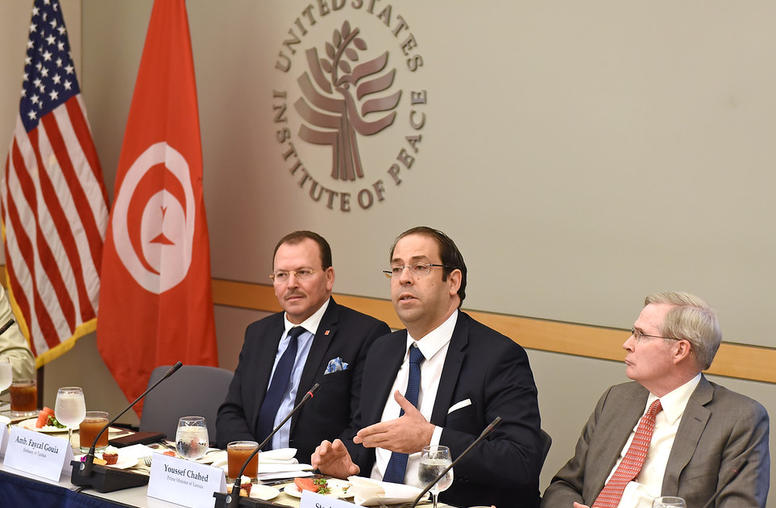How famine rages on in an age of plenty - Talk Media News
Amb. Princeton Lyman: It’s one of the great tragedies brought about the failure of leaders, the greed of leaders and a lack of strong political institutions. And it weighs heavily on all of us who worked on behalf of giving the South Sudanese the right of self determination and independence.

